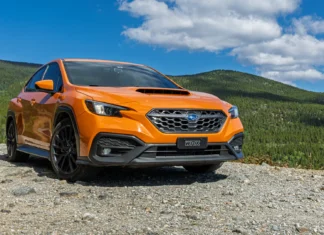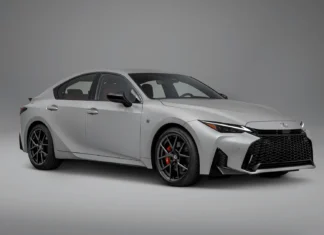
Mini plans to convert its Oxford assembly plant to full EV production by 2030.
After debuting the 3-door Mini Cooper, parent company BMW announced a substantial investment of 600 million pounds ($750 million) to produce the model in the United Kingdom. While the first examples of the 2025 Mini Cooper will emerge from manufacturing facilities in China, Mini plans to go fully electric by 2030. To that end, this investment will kickstart its EV production in the UK — bringing greater certainty as it phases out its gas-powered models in the coming years — and offer a second source to supply markets around the world.
In what Mini deems the “medium-term”, the Oxford plant will produce ICE Minis and EVs side-by-side. The plant will eventually crank out 200,000 units annually, including the Mini Cooper shown above and the upcoming Aceman, shown below.

In an effort to boost Britain’s post-Brexit car industry, the UK government is subsidizing the effort to overhaul the Mini plant, though officials declined to elaborate just how much. Business and Trade Secretary Kemi Bradenoch said of BMW’s announcement: “This decision is a big vote of confidence in the UK economy and the work of this Government to ensure the continued strength of our world-leading automotive sector. We are proud to be able to support BMW Group’s investment, which will secure high-quality jobs, strengthen our supply chains and boost Britain’s economic growth.”
New “rules of origin” in the European Union stipulate that 45% of the value of an EV being sold within the region must come from the UK or the EU as of next year. Automakers in Europe are calling for a delay in implementing that plan, namely so it can invest in retooling its plants to comply with the rule, as Mini is doing here. When it’s operational, the Oxford plant will likely be the main source for EVs in that market, while the Chinese-built Mini Cooper and Acement, set to go into production next year, will supply other markets.
Check out more on the new Mini Cooper hatchback below:























